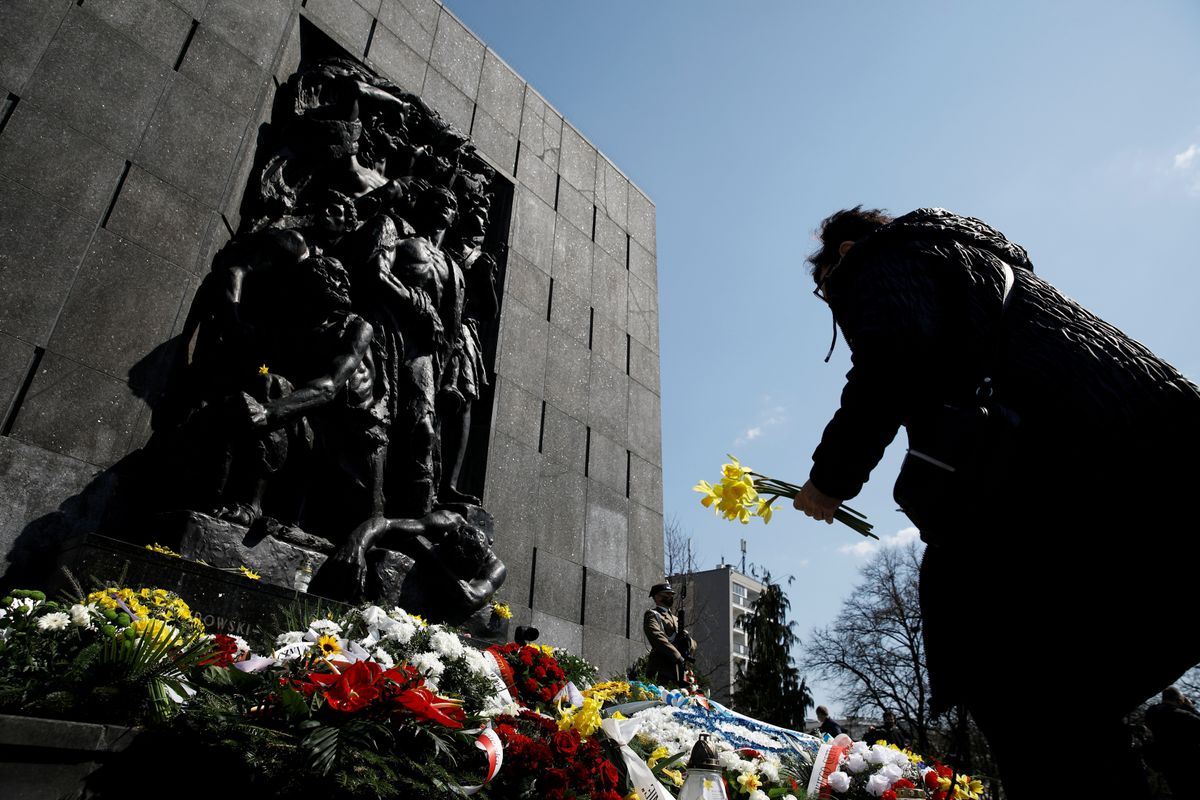Monday night marks Yom Hashoah Ve-Hagevurah, which, translated in full, means Remembrance Day of the Holocaust and Heroism.
In Israel, cars traveling full speed down highways will brake suddenly when sirens start blaring in observation of a moment of silence. TV and radio stations change their programming to focus on Holocaust films, testimony, and literature.
But Yom Hashoah, observed globally by Jews, typically falls a few months after the UN-established International Holocaust Remembrance Day. Why the disconnect?
The UN General Assembly in 2005 passed Resolution 60/7 establishing Jan. 27 as the annual day for commemorating victims of the Nazi genocide. With the backing of Israel's UN delegation, that date was chosen to coincide with the 1945 allied and Red Army liberation of Auschwitz-Birkenau, the largest Nazi death camp where 1.1 million people were murdered.
But a day of national mourning and commemoration, Yom Hashoah, had already been established in Israel in 1951, three years after the founding of the modern state. That Hebrew date (it does not follow the Gregorian calendar) was chosen to mark the start of the Warsaw Ghetto uprising – this week notably marks the 80th anniversary of the uprising. Led by the inimitable Mordechai Anielewicz, it was the largest act of Jewish resistance during the war. Indeed, hundreds of young Jews took up arms against Nazis trying to liquidate the ghetto, holding their own for close to a month.
The date chosen by the nascent Israeli state reflects the dominant tension of the time: Eastern European Holocaust survivors were often derided by salt-of-the-earth Jews in Palestine as cowardly for having failed, in their view, to fight back against the Nazis.



















